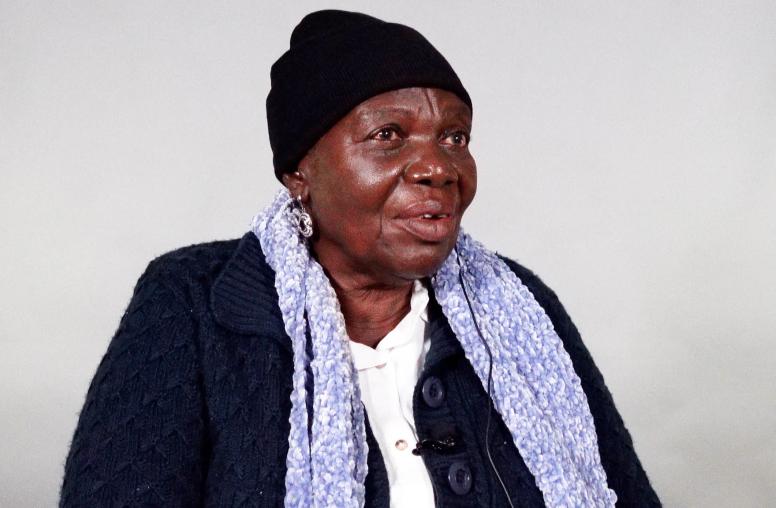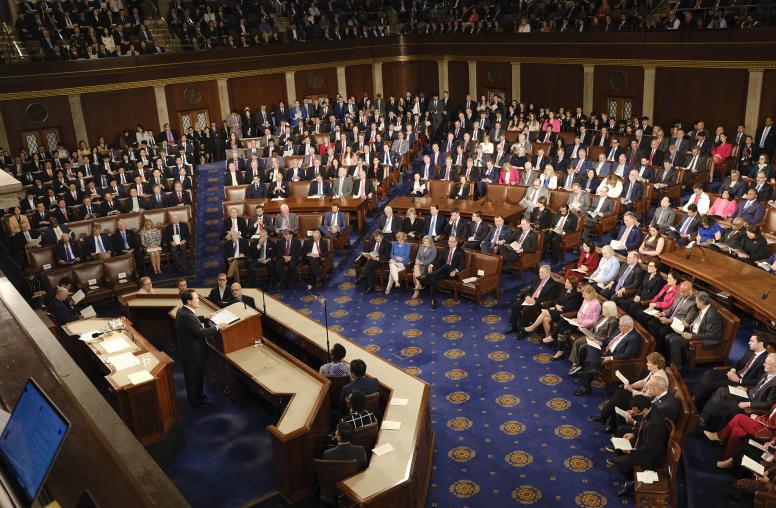Disability-Inclusive Peacebuilding
Gaps, Opportunities and Recommendations
Read the Event CoverageFrom Afghanistan to Yemen to Colombia, people with disabilities are routinely excluded from peacebuilding despite being impacted disproportionately during armed conflict. When they are included, it is most often as beneficiaries, not as full partners — and even then, participation is uneven, not reflecting the full diversity of persons with disabilities.
As we approach the two-year anniversary of U.N. Security Council Resolution 2475 on disability, armed conflict and humanitarian emergencies, now is an opportune moment for peacebuilding organizations, multilateral organizations, governments and organizations of persons with disabilities to jointly renew their commitment to the inclusion of people with disabilities in peacebuilding.
On June 16, USIP, the Harvard Law School Project on Disability and their fellow co-sponsors hosted a conversation on the gaps and opportunities in disability-inclusive peacebuilding and steps for the greater inclusion and participation of people with disabilities. This event was an official side event to the 2021 Conference of State Parties to the Convention on the Rights of Persons with Disabilities.
Join the conversation on Twitter with #DisabilityAndPeacebuilding.
Speakers
Professor Michael Stein, welcoming remarks
Visiting Professor of Law, Harvard Law School; Executive Director, Harvard Law School Project on Disability
Gerard Quinn, introductory remarks
U.N. Special Rapporteur on the Rights of Persons with Disabilities
Rashad Nimr
Conflict Advisor (Contractor), Youth and Social Inclusion, USAID Center for Conflict and Violence Prevention
Fon Dieudonne
National Coordinator, Think Big Association
Emina Ćerimović
Senior Researcher on Disability Rights, Human Rights Watch
Professor Janet E. Lord
Advisor to U.N. Special Rapporteur Gerard Quinn; Senior Fellow, Harvard Law School Project on Disability
Charlotte McClain-Nhlapo, co-moderator
Global Disability Advisor, World Bank
Elizabeth Murray, co-moderator
Senior Program Officer, U.S. Institute of Peace
ASL interpretation and captioning provided for this event by American Sign Language Interpretation Services (ASLIS).



